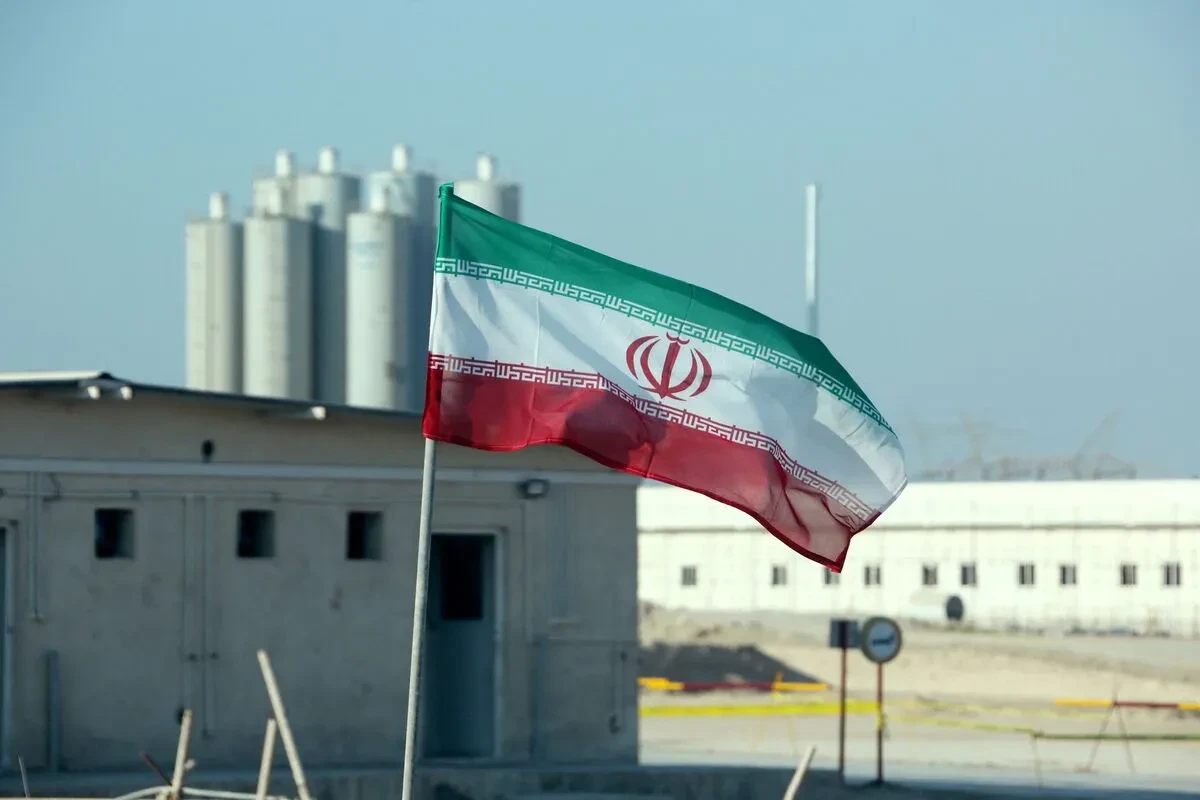White House says closely monitoring escalating tensions in Syria
 Anti-government fighters patrol in central Aleppo on November 30, 2024. (AFP Photo)
Anti-government fighters patrol in central Aleppo on November 30, 2024. (AFP Photo)
The United States announced that it is closely monitoring rising tensions in Syria, emphasizing its commitment to defending U.S. personnel and maintaining security to prevent the resurgence of Daesh, according to a statement released Saturday by National Security Council (NSC) spokesperson Sean Savett.
US criticizes Assad regime’s political stance
Savett’s statement criticized the Assad regime for failing to engage in the political process outlined by United Nations Security Council Resolution (UNSCR) 2254, which seeks a political settlement of the Syrian conflict.
The U.S. also attributed the situation to the Assad regime’s reliance on Russia and Iran for support.
“The United States has nothing to do with this offensive, which is led by Hay’at Tahrir al-Sham (HTS), a designated terrorist organization,” the statement clarified, distancing Washington from the recent escalation.
We are closely monitoring the situation in Syria and have been in contact over the last 48 hours with regional capitals. The Assad regime’s ongoing refusal to engage in the political process outlined in UNSCR 2254, and its reliance on Russia and Iran, created the conditions now unfolding, including the collapse of Assad regime lines in northwest Syria.
At the same time, the United States has nothing to do with this offensive, which is led by Hay’at Tahrir al-Sham (HTS), a designated terrorist organization.
The United States, together with its partners and allies, urge de-escalation, protection of civilians and minority groups, and a serious and credible political process that can end this civil war once and for all with a political settlement consistent with UNSCR 2254.
We will also continue to fully defend and protect U.S. personnel and U.S. military positions, which remain essential to ensuring that Daesh can never again resurge in Syria.
NSC spokesperson Sean Savett
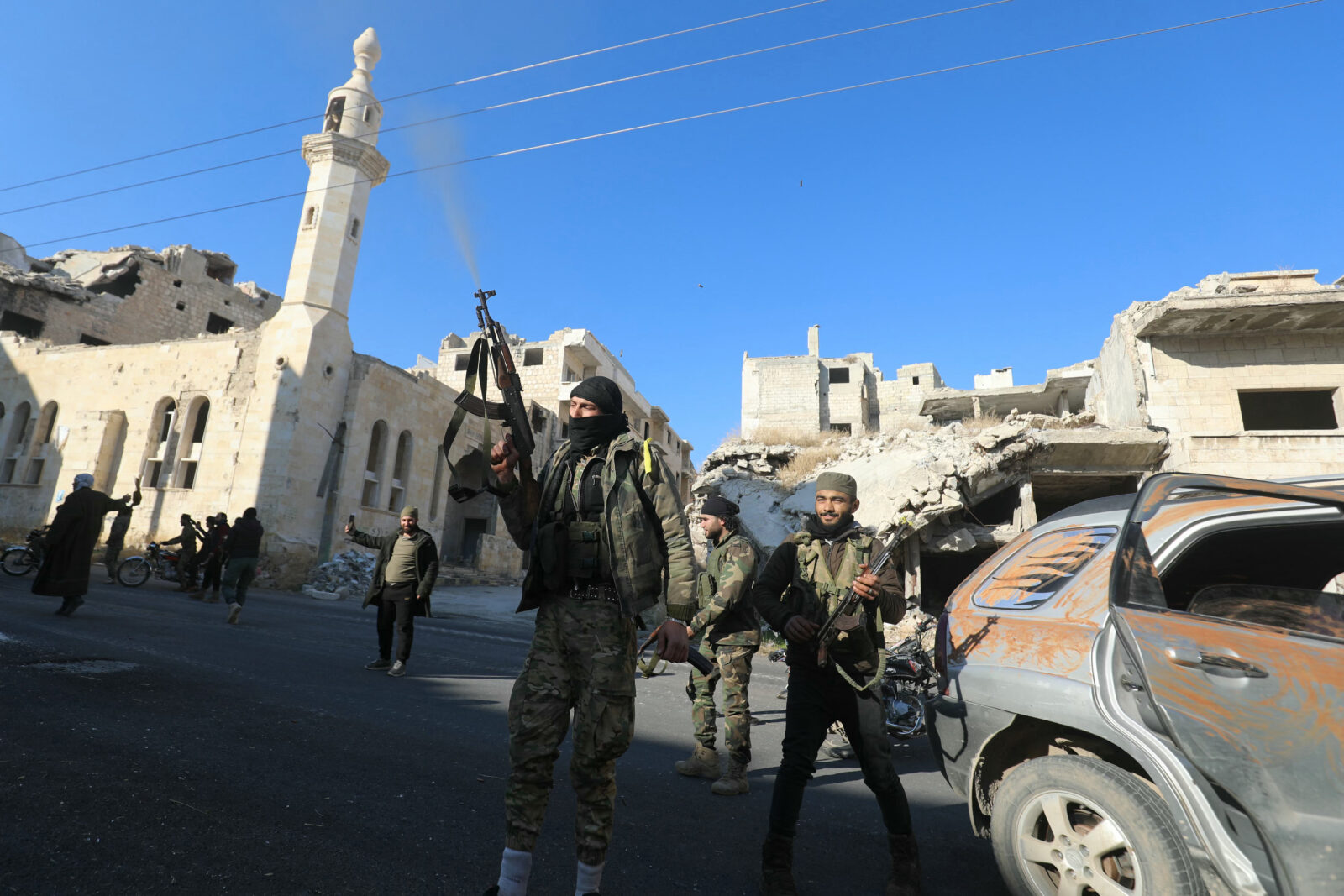
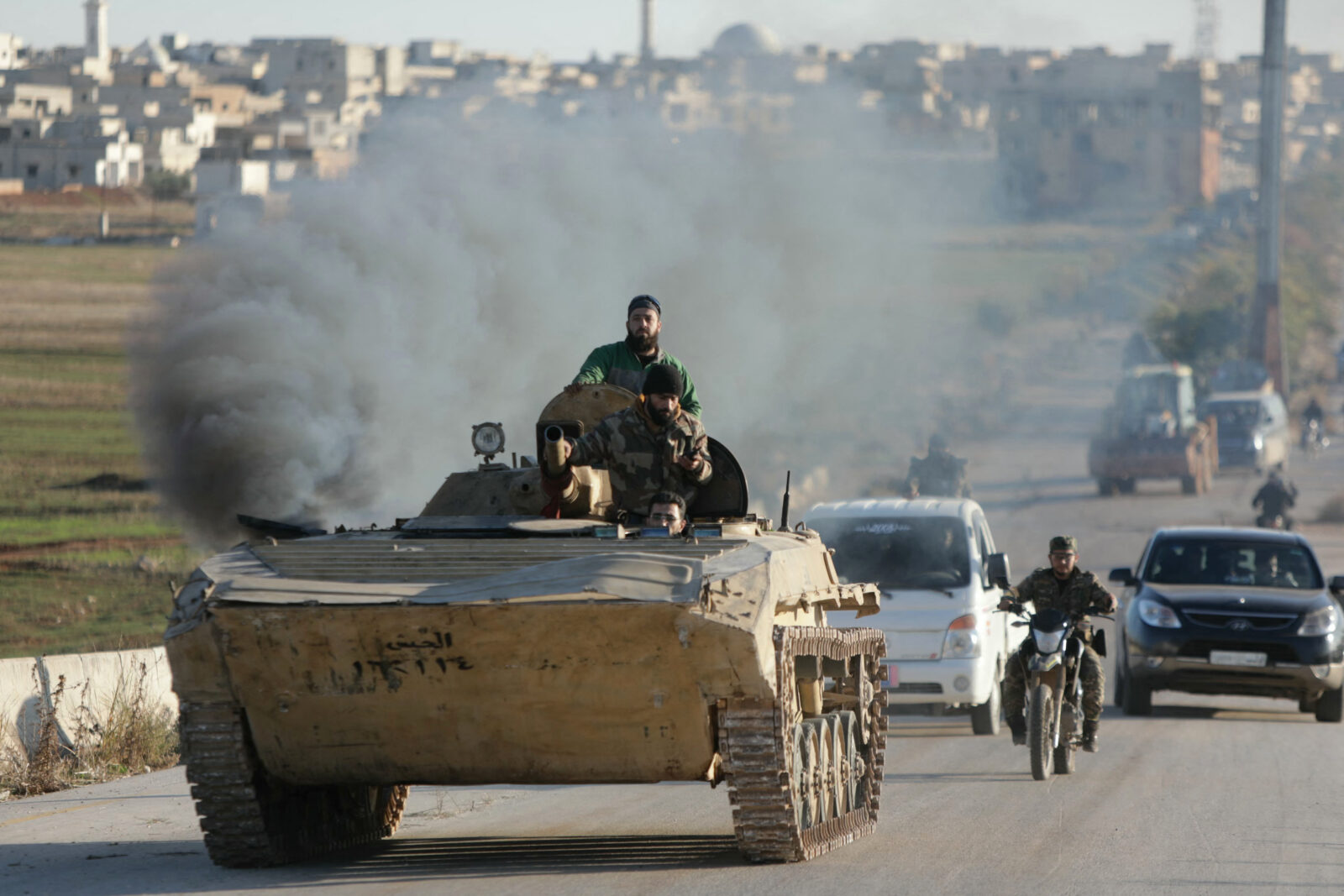
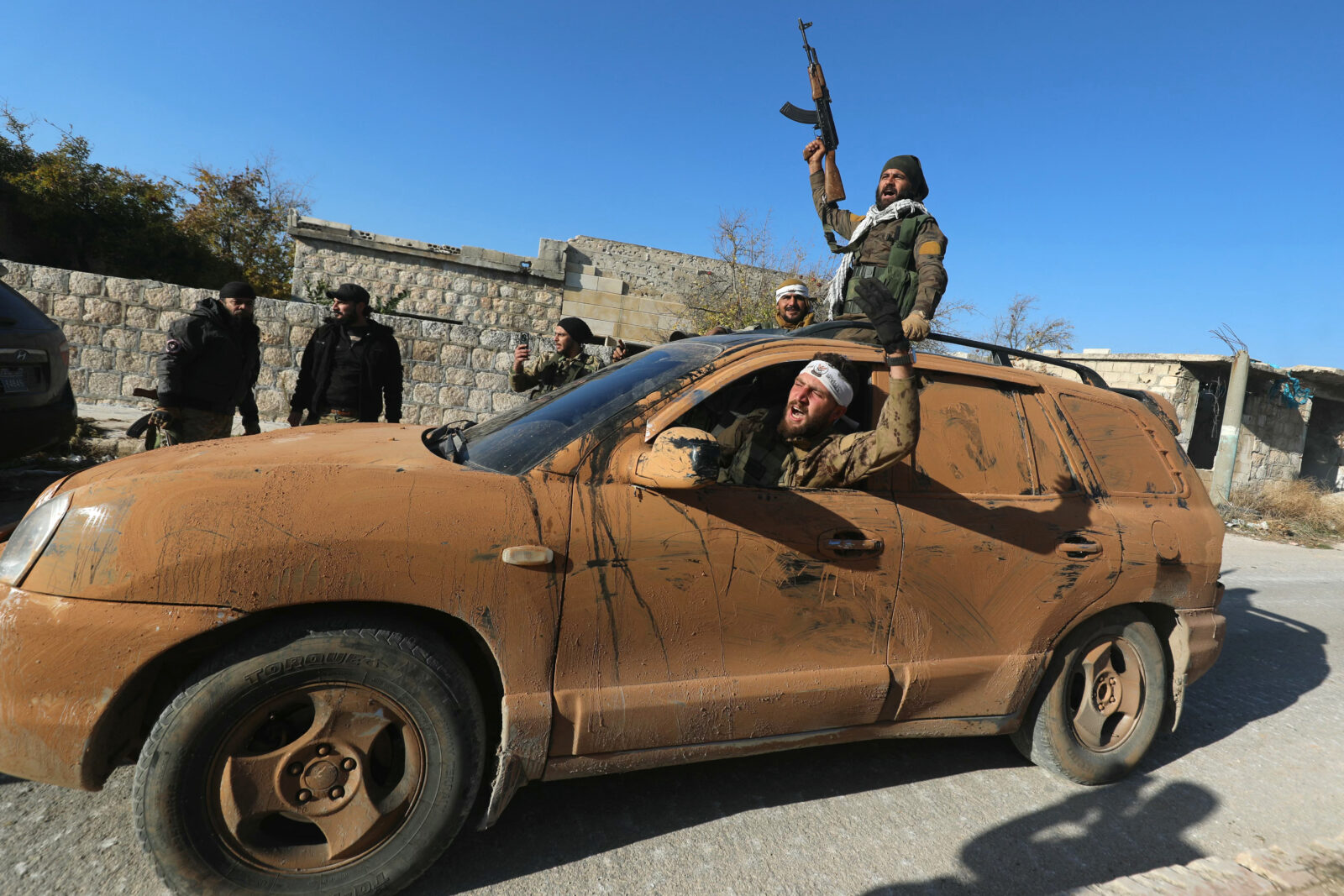
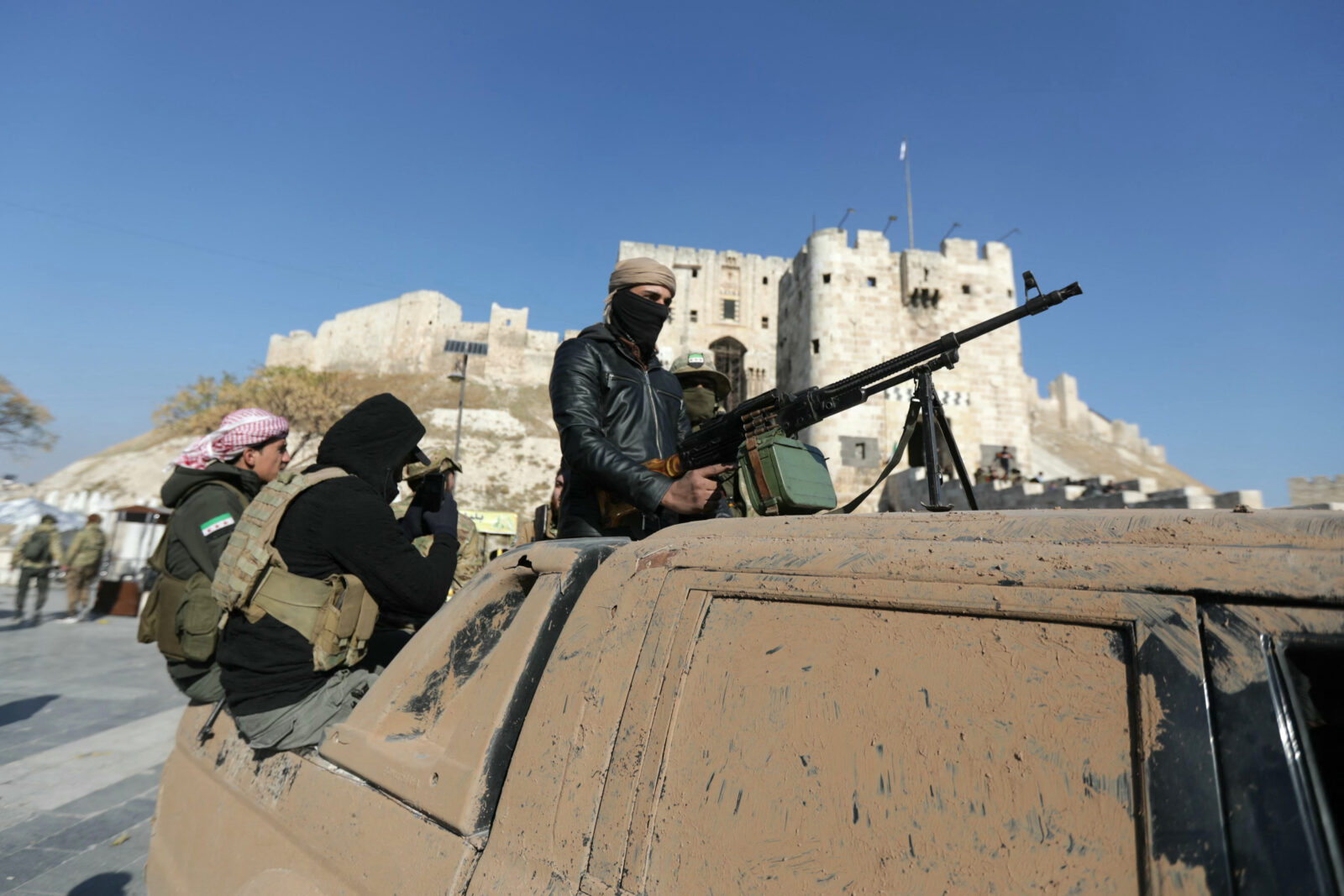
Developments in Syria as clashes continue
Fighting erupted on Nov. 27 between Assad regime forces and anti-regime armed groups in the western countryside of Aleppo province.
Over the following days, the armed groups made significant territorial gains, seizing control of much of the city center and the surrounding region.
On Saturday, Khan Shaykhun and all of Idlib province fell under the control of anti-regime forces.



